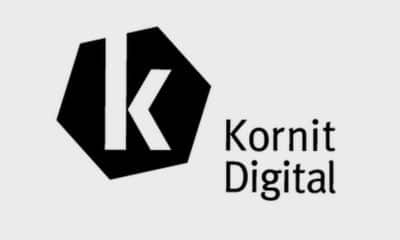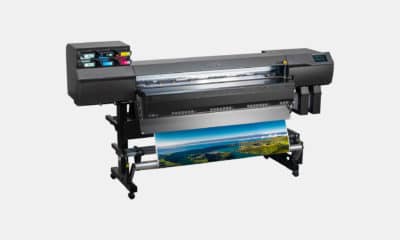Remember the old saying, “You can’t tell the players without a scorecard”? When looking at environmental claims, you might not be able to decipher what a company really is claiming with its environmental jargon. Here are some terms you’re likely to see, and what you can expect them to mean.
* Green, Eco-friendly, and Earth-friendly can mean whatever you want them to mean-there are no standards or definitive definitions of these terms. They could mean the product or process is the most “green” available. Or they could mean that the product is now better than it was before, which could be a move from hideous to not-so-horrible. These terms can be vaguely helpful, but they’re unclear and open to abuse.
* Renewable means made from a resource that’s inexhaustible (like solar energy) or replaceable by new growth (like plants or trees). Examples of these products include most papers and cotton textiles.
* Recyclable/Reusable means able to be recovered and reprocessed after use, thereby minimizing waste generation. Examples include aluminum cans, paper, and bottles.
* Repurposed means used again in another way-turning used large-format banners into purses and totes, for example.
* Sustainability is the new buzz word for corporations. According to the American Heritage Dictionary, it means “capable of being continued with minimal long-term effect on the environment.” Companies are sustainable when they “develop a framework, a strategy, to integrate economic growth, social equity, and environmental management throughout the company’s operation,” explains Marci Kinter, vice-president for government and business information for SGIA.
Advertisement
* A biodegradable material is capable of being broken down under the action of microorganisms into carbon dioxide, water, and biomass. The process can take a long time, depending on the environment, but it ultimately breaks down the item completely.
* Decompose means to become broken down into components, or to disintegrate. A compostable material biodegrades substantially under composting conditions. The size of the material is a factor in determining compostability because it affects the rate of degradation. A compost-compatible material does not have to be compostable or even biodegradable. It may biodegrade too slowly to be compostable itself, or it may not biodegrade at all. Compost-compatible materials are generally inert and are present in compost at relatively low levels. Examples include sand particles and inert particles of plastic.
* A VOC is a volatile organic chemical (or compound) that’s produced when solvent chemicals are released into the air; VOCs are released when inks with a solvent base (including solvent, mild-solvent, and some UV-curable inks) dry after printing. VOCs are monitored by OSHA standards indoors (for effects on employees) and outside by EPA or local Air Quality Management District or AQMD (for effects on the environment).

 Blue Print4 weeks ago
Blue Print4 weeks ago
 Buzz Session4 weeks ago
Buzz Session4 weeks ago
 Beyond Décor: Rachel Nunziata2 weeks ago
Beyond Décor: Rachel Nunziata2 weeks ago
 Press Releases2 months ago
Press Releases2 months ago
 Press Releases1 month ago
Press Releases1 month ago
 Press Releases2 months ago
Press Releases2 months ago
 Press Releases1 month ago
Press Releases1 month ago
 Press Releases2 months ago
Press Releases2 months ago













